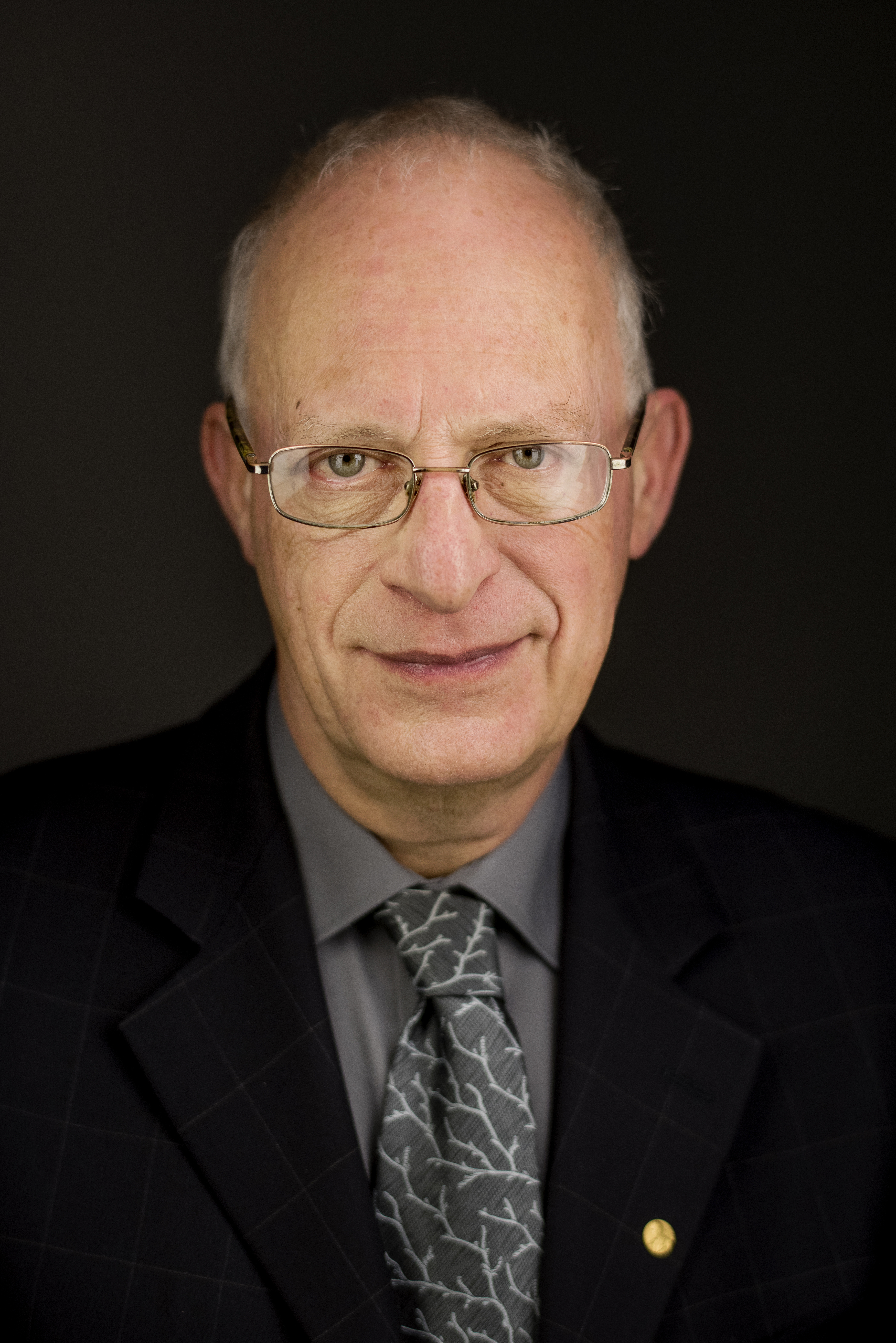Hart, Oliver (1948-…), a British-born American economist , won the 2016 Nobel Prize in economic sciences. Hart shared the prize with the Finnish economist Bengt Holmström . Hart and Holmström received the prize for their development of contract theory. Contract theory is a comprehensive framework for analyzing issues involving contractual relationships. Such issues include performance-based pay for top executives, insurance deductibles and co-payments, and the privatization of such public-sector institutions as hospitals, schools, or prisons.

Hart and Holmström analyzed problems involving various kinds of contracts. Their groundbreaking work focused on ensuring that contracts are properly designed to help individuals, businesses, and other institutions determine whether the agreements that bind them together are in their best interest. In announcing the prize, the Royal Swedish Academy of Sciences in Stockholm, Sweden, noted that “modern economies are held together by innumerable contracts.” The academy said the “new theoretical tools” that Hart and Holmström created on how to write contracts are “valuable to the understanding of real-life contracts and institutions, as well as potential pitfalls in contract design.”
Oliver Simon D’Arcy Hart was born on Oct. 9, 1948, in London, England, and later became a United States citizen. He earned a bachelor’s degree in mathematics in 1969 from the University of Cambridge’s King College in Cambridge, England, and a master’s degree in economics in 1972 from the University of Warwick in Coventry, England. He received a Ph.D. degree in economics in 1974 from Princeton University in New Jersey.
In the 1980’s, Hart’s research focused on a new branch of contract theory that deals with incomplete contracts. He explored the ways in which contracts do not always reflect reality because it is impossible to specify every possibility when a contract is written. His work spells out the allocation of control rights in contracts, specifying which party is entitled to make decisions—and under what circumstances—when problems arise. Hart’s findings have had a great impact on several fields of economics, as well as on political science and law.
Hart joined the faculty of Harvard University in Cambridge, Massachusetts, in 1993. He served as chairman of the economics department from 2000 to 2003. In 1997, Hart became the Andrew E. Furer Professor of Economics at Harvard and a visiting professor at The London School of Economics and Political Science.
